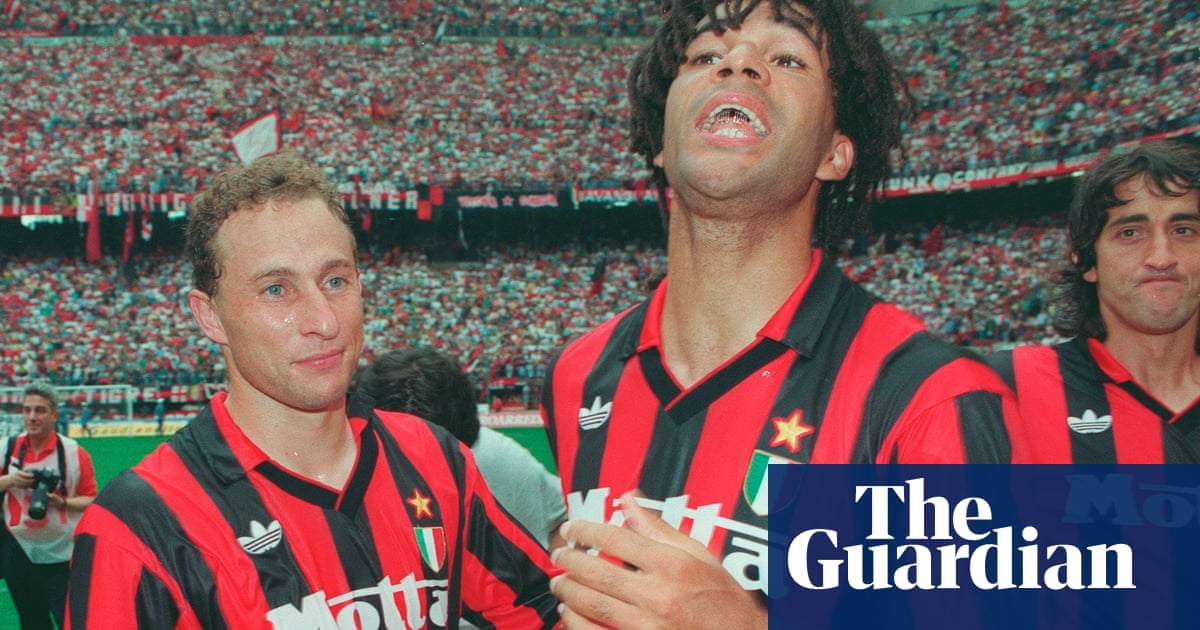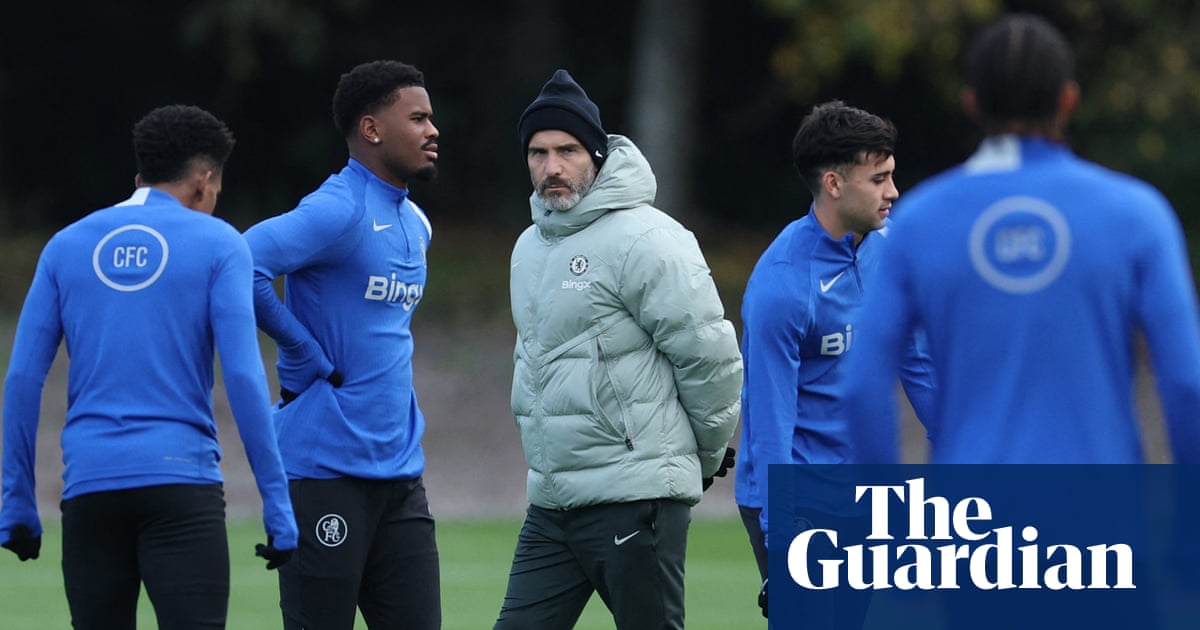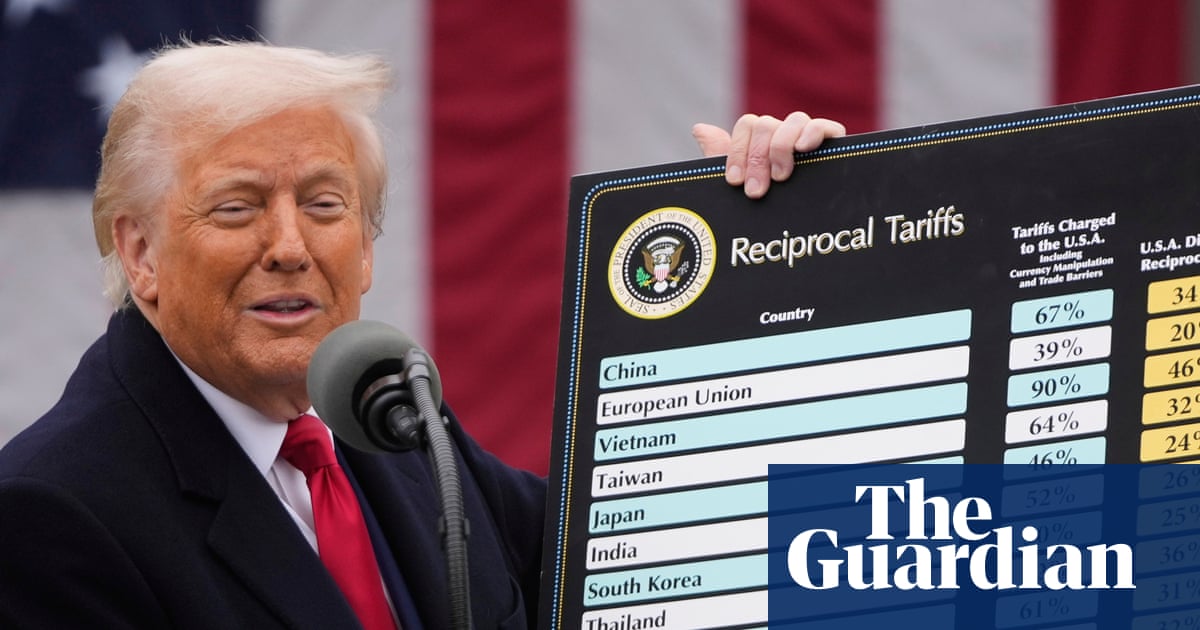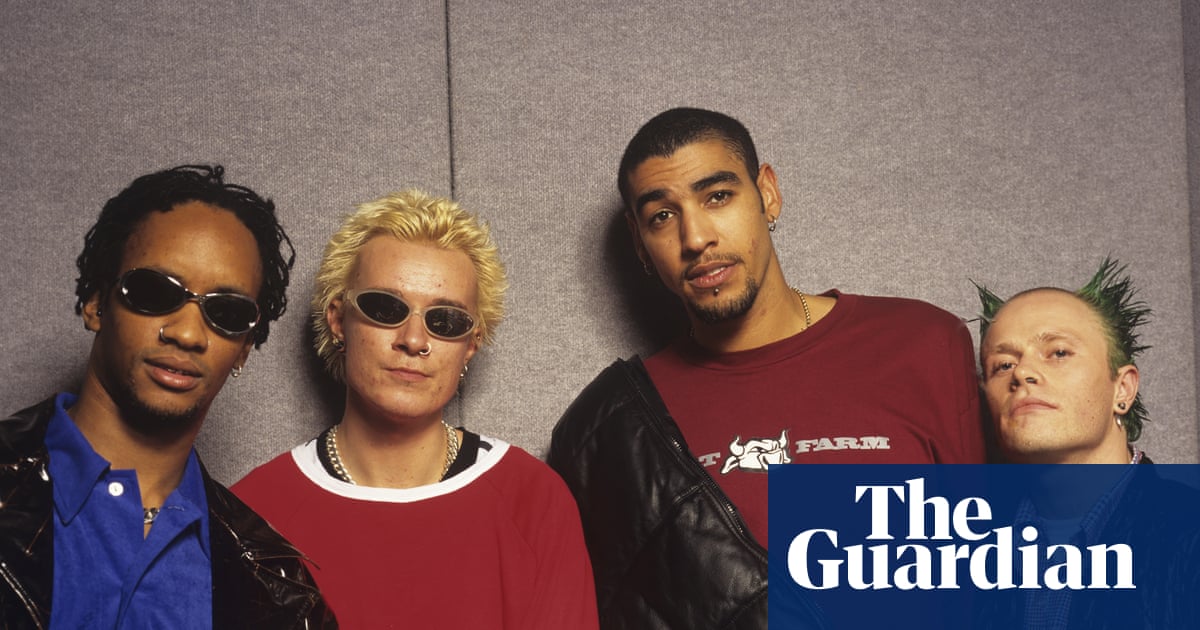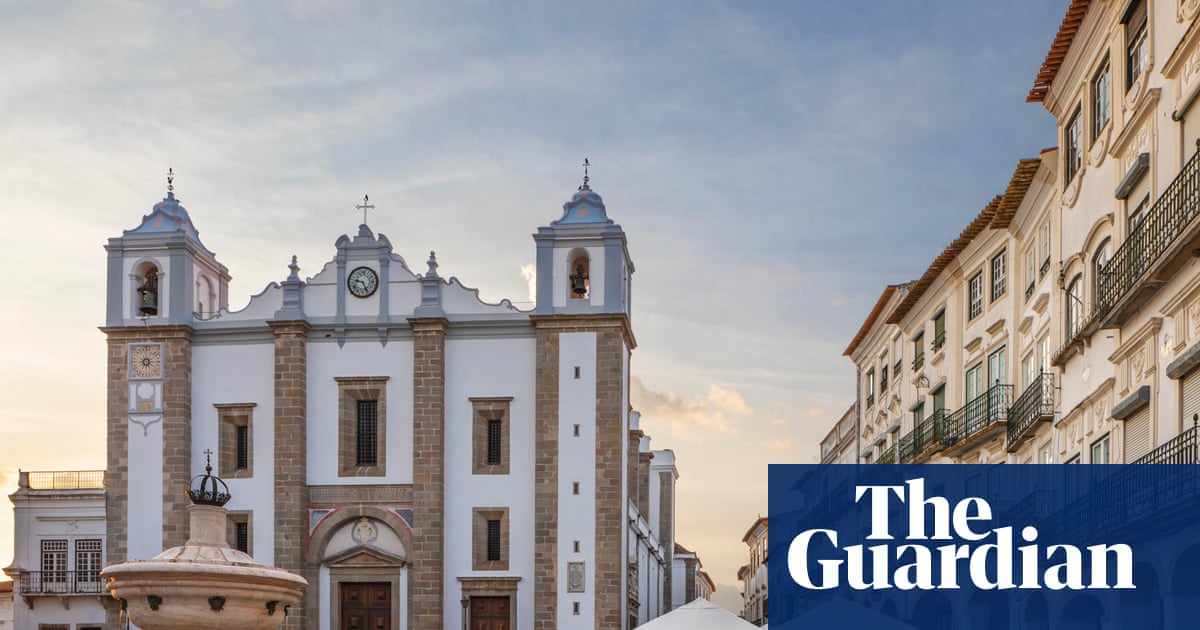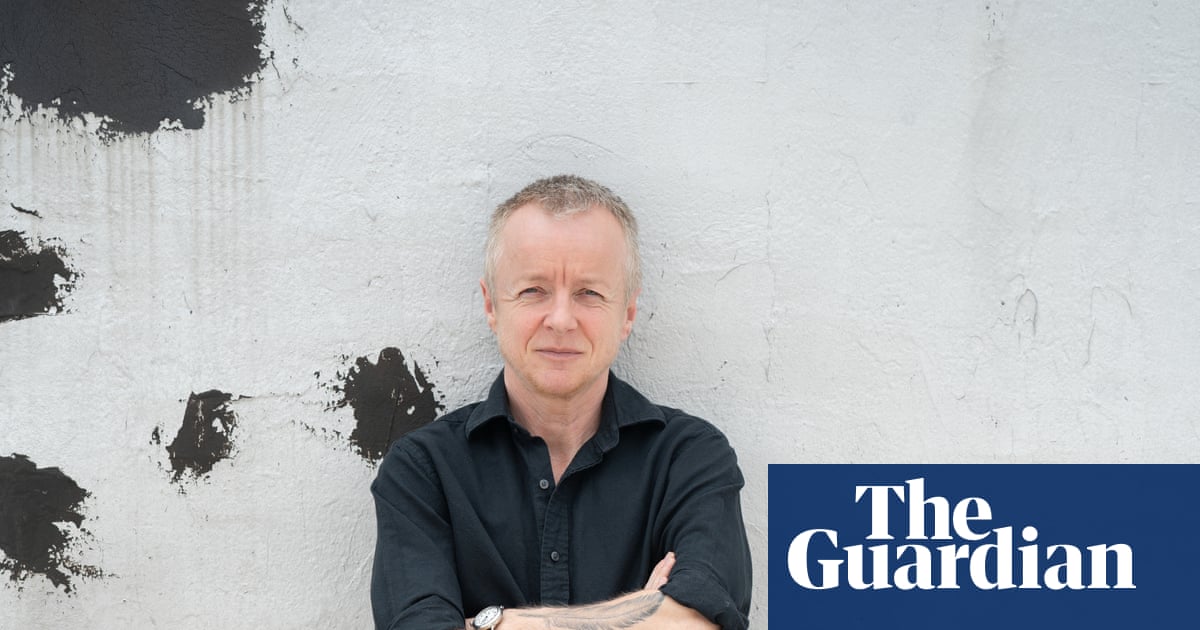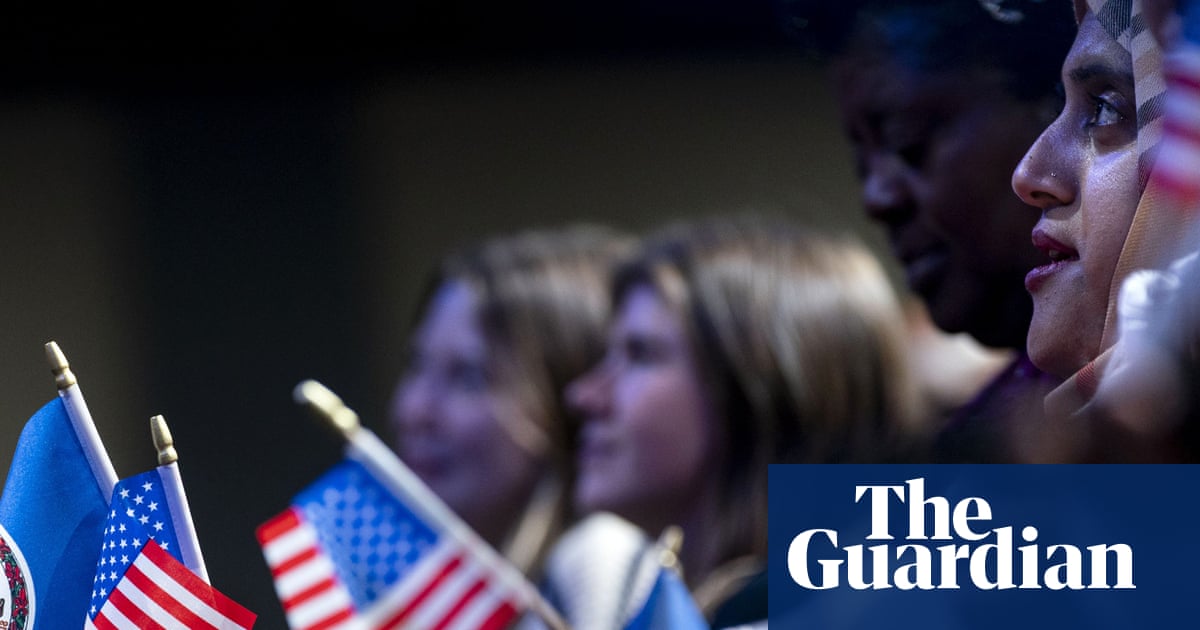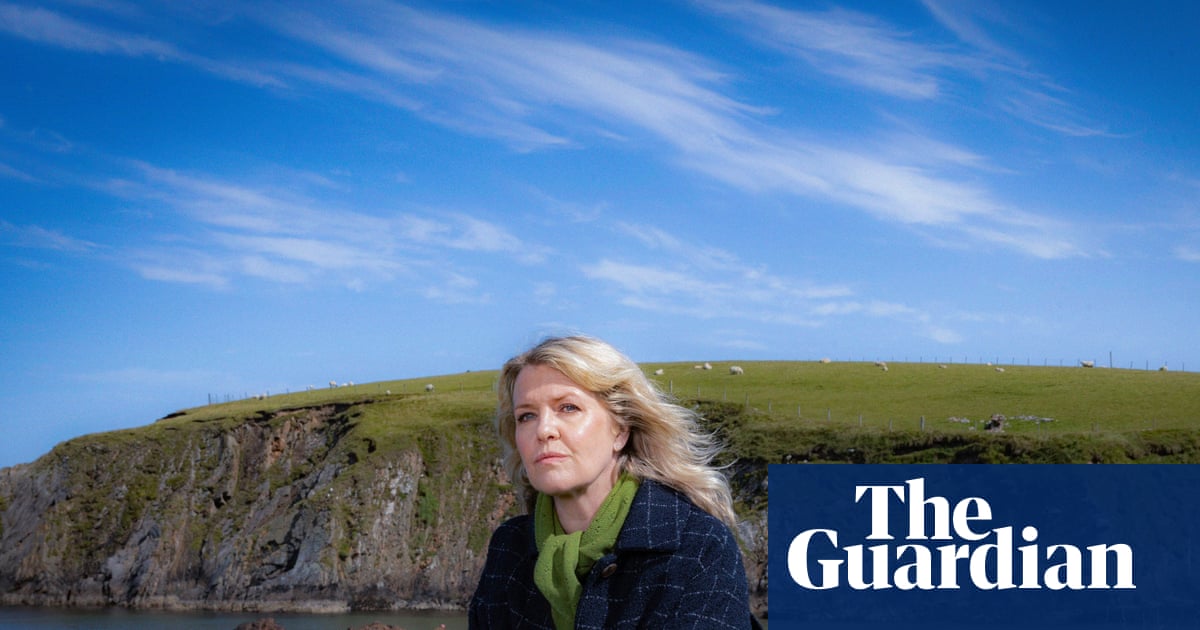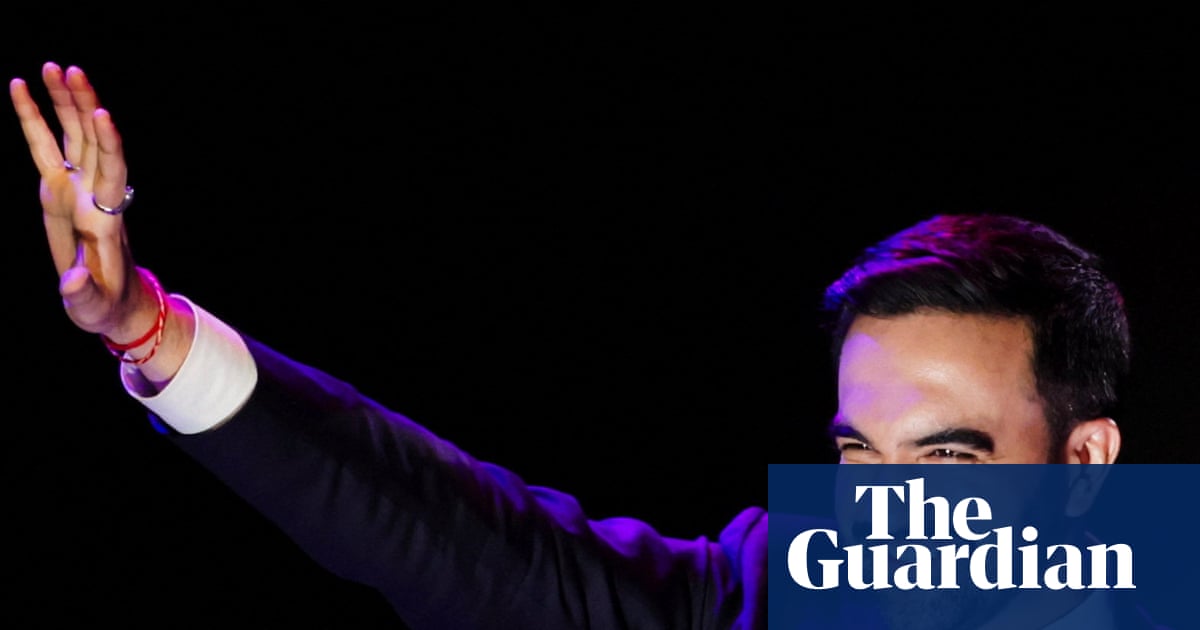Peter Mandelson has an extraordinary talent for securing jobs at the top of the government, but an even more extraordinary one for leaving them in a blaze of controversy.
When he was startlingly reappointed to the cabinet by his former nemesis Gordon Brown in 2008, he overheard a conversation between two senior civil servants in his new business department.
Brian Bender, who was planning his retirement the following spring, told Mandelson’s new principal private secretary, Richard Abel: “Your job is to make sure I go before Peter does.”
Mandelson, who started his career in Labour politics as a councillor in south London in 1979, has now resigned or been sacked from top-level political jobs three times, in three different decades, having served three different prime ministers.
His departure as Washington ambassador on Thursday, in the wake of revelations about his relationship with the convicted child sex offender Jeffrey Epstein, looks likely to be the final full stop to a roller-coaster political career.
But then, with a man who called one of the chapters in his memoir “Comeback Kid”, it is never wise to write him off.
“Peter is by miles the most talented politician and thinker in Labour of the last 20 years,” said one veteran of the Blair years. “He is so compelling – whenever he talks he does so clearly and convincingly, and he normally gets his way.
“But part of that is because he is uninhibited to say and do things that others might not, and that brings with it danger too.”
As the grandson of the former Labour home secretary Herbert Morrison, he was steeped in politics from his early childhood, and became a councillor in Lambeth in 1979 at the age of just 25.
He quit two years later in disillusionment with the leftwing leadership of “Red” Ted Knight, but then got a job at Labour headquarters where he became director of communications in 1985. It was in this job that he became known as the “prince of darkness” for his ruthless media management techniques.
Mandelson won the safe seat of Hartlepool in 1992, but the party’s overall defeat persuaded him that it needed to tack further to the right. He became one of the “three musketeers”, alongside Gordon Brown and Tony Blair, who jointly conceived of the New Labour project to modernise their party.
Even though he was an MP himself, Mandelson played a more important role behind the scenes as Brown and Blair’s informal speechwriter, spin doctor and occasional de facto couples therapist.
In 1994, he brokered the meeting between Blair and Brown at which it was decided Blair should run for the leadership with his friend’s backing. His role in that was to prompt a decade-long feud with Brown, who felt Mandelson had betrayed him.
At a speech in 1996, Brown joked: “Peter asked me for 10p to phone a friend the other day. I said: ‘Here, take 20p and ring them all.’”
As Blair’s consigliere however, Mandelson continued to play a key role in the Labour machinery. He ran the successful 1997 election campaign and was then appointed trade and industry secretary.
It was felt at the time that his connections with senior members of the business community, whom he had wooed as part of Labour’s pre-election “prawn cocktail offensive”, would stand him in god stead. It also proved to be the source of his first downfall.
In December 1998, the Guardian revealed that Mandelson had taken a £373,000 loan from his wealthy colleague Geoffrey Robinson to pay for a house in Notting Hill, and failed to declare it. He resigned 24 hours later, with his friends blaming Brown’s ally Charlie Whelan for having leaked the story.
He was back in government less than a year later, as Northern Ireland secretary. But again, his connections to the rich and powerful were to trip him up. In January 2001, the Observer revealed that in 1990 he had helped broker a passport to the millionaire Labour donors Srichand and Gopichand Hinduja.
This time it took three days before he offered his resignation. The Guardian said – incorrectly as it turned out – that his political career had “collapsed for the second and final time”.
In 2004 Mandelson quit the Commons to become EU trade commissioner, a role that gave him the chance to exercise his skills as a backroom powerbroker away of the glare of the British media.
When a besieged Brown called him back from Brussels in 2008, to the shock of even the former prime minister’s closest advisers, it was partly because of those political wiles. “Only a few people in politics are strategists,” Brown told him at the time. “And you are one of them.”
In the post-Brown years, Mandelson focused on his political consultancy Global Counsel, working with clients including the Qatari Free Zones Authority and the Chinese fast-fashion brand Shein.
In the background however he continued to play a role in Labour politics, helping advise his protege Morgan McSweeney. McSweeney, who also cut his political teeth fighting the Labour left in Lambeth, helped lead the resistance to Jeremy Corbyn and was eventually to become Keir Starmer’s closest adviser.
Starmer himself, say friends, always viewed Mandelson with suspicion, not least because of his occasional habit of being rude about the prime minister. “I think Keir Starmer needs to shed a few pounds,” he said last year.
It was McSweeney who advocated strongly for Mandelson to get the job of Washington ambassador, according to senior government sources, despite concerns that his relationship with Epstein could spell trouble for the government. And it is McSweeney who has spent much of the past 24 hours defending him internally.
“For a long time before Peter Mandelson’s appointment as ambassador, Keir kept his distance from him,” said Tom Baldwin, Starmer’s biographer. “Peter was important for the project, but he was more in the background than anything else.
“That probably explains the hesitation over giving him the job in Washington. And, knowing what he knows now, I guess the prime minister now wishes he had a hesitated a bit more.”

 1 month ago
51
1 month ago
51
